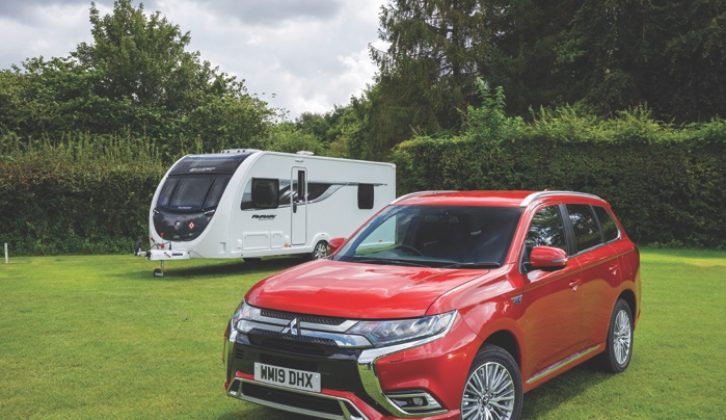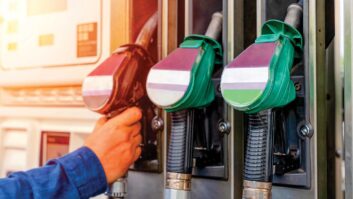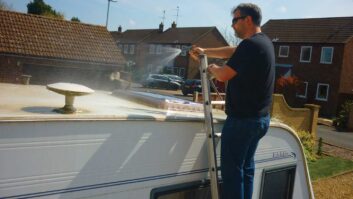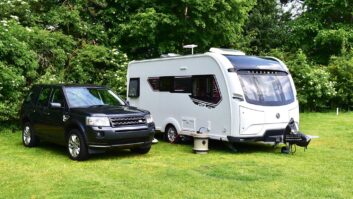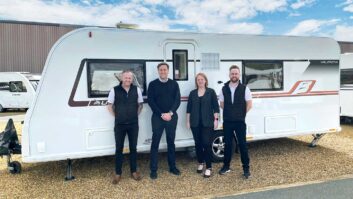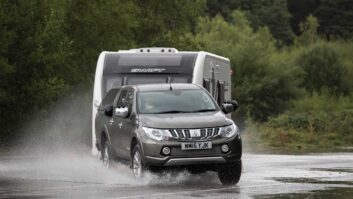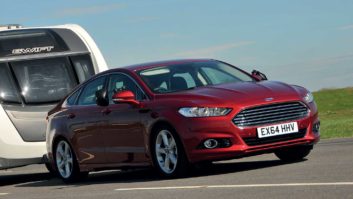Government plans to accelerate the introduction of electric vehicles by banning sales of new diesel and petrol engines by 2030 could have a serious impact on the caravanning industry, the National Caravan Council is warning.
The plan to move such a date forward by ten years was confirmed in the government’s Ten Point Plan for a Green Industrial Revolution, released this week. Hybrid powertrains will only be allowed to carry on being sold until 2035.
The NCC says developing an affordable range of all-electric towcars that are capable of towing a family-sized caravan before 2030 is a huge challenge. It also claims that such a short timescale means that car producers will not have towing ability as a major priority when they come to produce new electric vehicles.
The industry body warns that sticking with such a plan would encourage caravanners to keep hold of older, less efficient vehicles, or even to give up caravanning in favour of flying long haul or cruising – with the resulting rise in emissions and loss to the UK tourism industry.
But the newly established Electric Vehicle Association England, which welcomed the move, said the NCC was being unduly pessimistic.
A spokesperson said, “Although a car’s development cycle is long, there are dozens if not hundreds of vehicles in the pipeline that are relevant for the UK market and many of them will have been designed to tow. The ban will happen in 2030 not now: what is currently on the market from a vehicle or infrastructure perspective is not going to be relevant in five years, let alone 10 years from now.”
The newly established Electric Vehicle Association England, which welcomed the move, said the NCC was being unduly pessimistic
